Related to Psychology of Anomalous Experiences
-
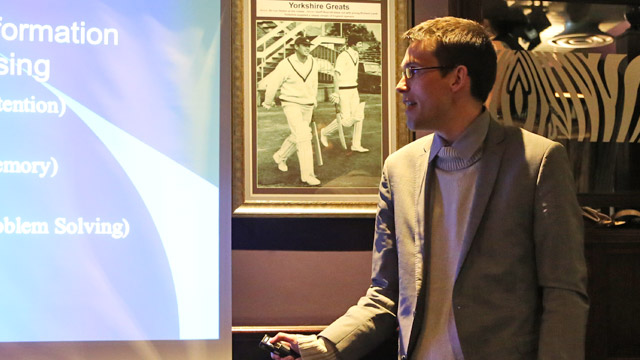
Widening the View: Looking at the limits of Human Perception
After the success of his SiTP talk, the award-winning "You know less than you think", Paul Hopwood is back for the sequel! Based around his Cognitive Psychology studies, the first talk focussed on the different stages of information processing in the human brain. By looking at research into the brain's ability to acquire, store, retrieve and use information; the talk highlighted that humans have a tendency to severely overestimate their ability to perform these tasks.
-

How Do People Lose Religion?
Millions of people have lost religion in the western world since the 1960. How does this happen? At what ages? What are the triggers? Is there a difference between men and women? Professor Callum Brown draws on the accounts of those he has interviewed in North America and Britain.
-
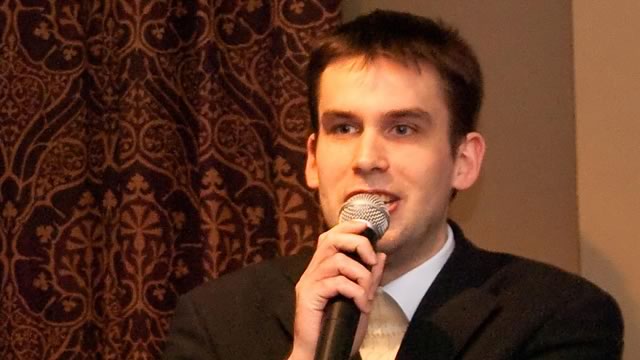
You Know Less Than You Think
Every day we all make perceptions of people and the world around us. But perception is a two-way process and most people don't stop to think about the biases inherent in their own perception. What are these cognitive biases and how much can they affect our judgement?
-
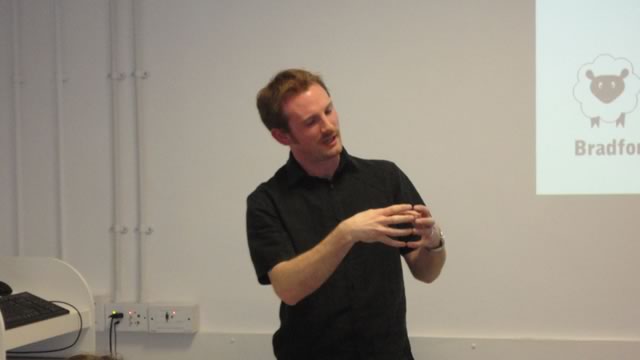
Neuroscience for the Soul
Dr. Craig Aaen-Stockdale (Optometry, Bradford) will give an introduction to the field of neurotheology, which attempts to relate religious behaviour and experience to the workings of the brain. He will review the current literature and give his own thoughts on what, if anything, this tells us.
-
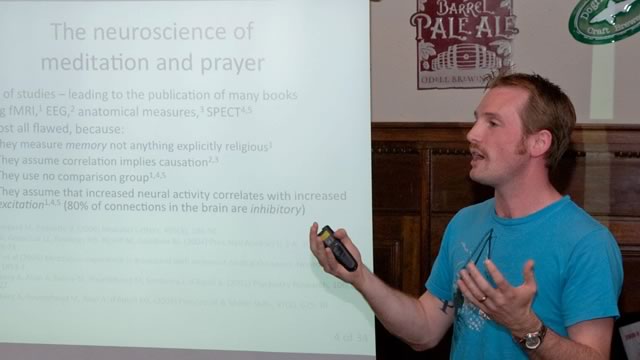
Neuroscience for the Soul
Dr. Craig Aaen Stockdale (Optometry, Bradford) will give an introduction to the field of neurotheology, which attempts to relate religious behaviour and experience to the workings of the brain. He will review the current literature and give his own thoughts on what, if anything, this tells us.
-

Superstition
Superstition is often overlooked - while critics of religion have been vocal over the past decade, superstition is actually far more prevalent in our society from phrases like "touch wood" to crossing our fingers and avoiding the number 13.
-
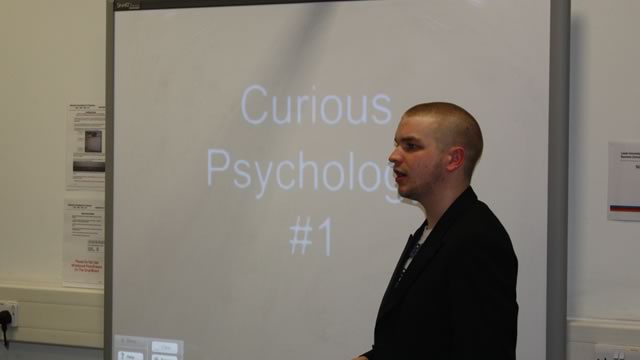
Stop Playing Tricks on Me
The Amazing Leo Dragon presents a talk on the psychology of all things strange, from magic to psychics, from spoon bending to astrology. A whirlwind tour of why people really jump at the explanations given by the "professionals", with some live magic thrown in along the way.
-
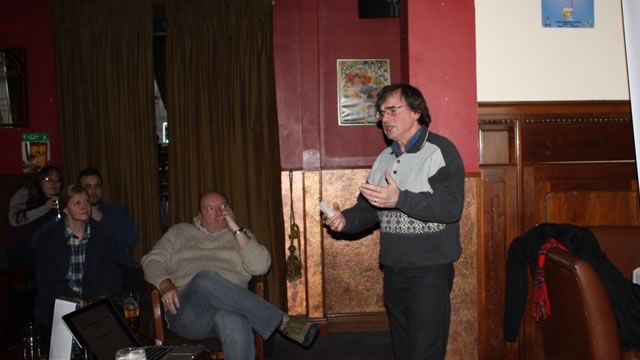
Why do People do Weird Things?
Human behaviour often appears to be maladaptive, pointless, ineffective for its expressed purpose, and even completely absurd. In this talk Michael Heap will examine, with the aid of demonstrations and videos, some examples of odd behaviour that is based on unusual and paranormal ideas and beliefs. These will include healing practices, dowsing, hypnosis, and communication with "the spirit world."
